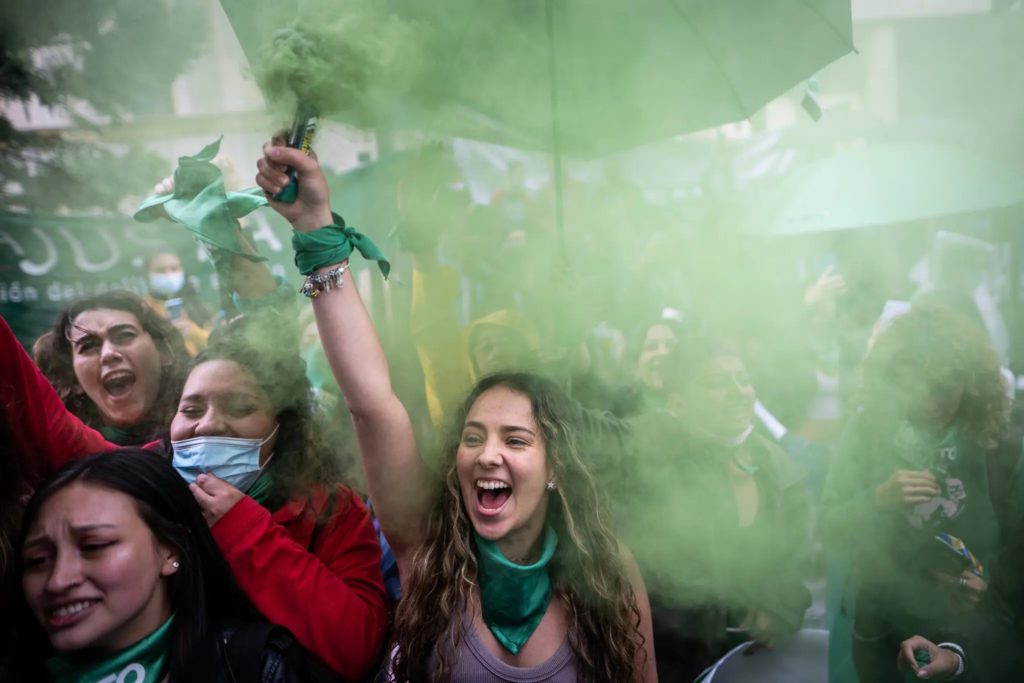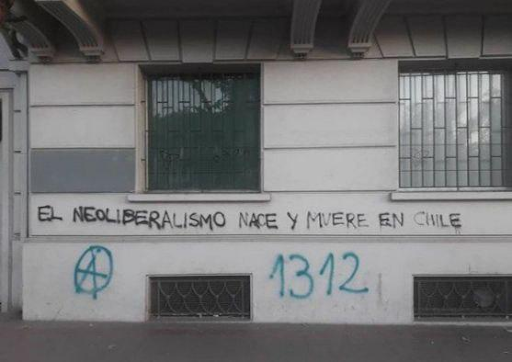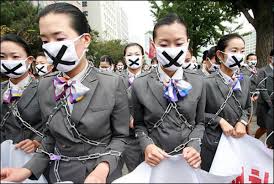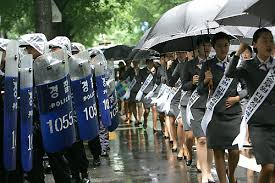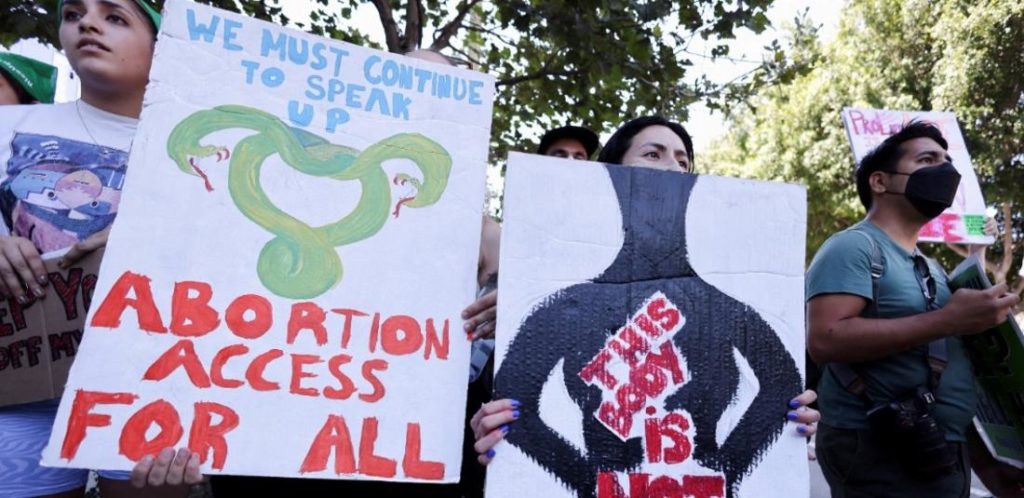
The news these days is grim, some say “somber”: “currency blowouts and rampant inflation, rising food and fuel prices, and ongoing security threats”; civil and imperial wars; climate crisis forcing millions from their homes, sometimes temporarily, sometimes permanently. These are days with darkness, but they are not exclusively dark days. There is hope. There is light, and it is real, serious, promising, joyful and momentous. Consider the news from India and South Korea in the past twenty-four hours.
Today, in India, the Supreme Court decided that “unmarried women” have a Constitutional right to abortion. The language of the decision is explicit: “All women are entitled to safe and legal abortion … If Rule 3B(c) [the rule which determines who qualifies for abortion] is understood as only for married women, it would perpetuate the stereotype that only married women indulge in sexual activities. This is not constitutionally sustainable.The artificial distinction between married and unmarried women cannot be sustained. Women must have autonomy to have free exercise of these rights … The rights of reproductive autonomy give unmarried women similar rights as married women”. Women have reproductive autonomy. The Constitution says so. The State must recognize and respect the concept as well as the material reality of women’s bodily as well as agential autonomy.
Supreme Court lawyer Karuna Nundy responded to the decision: “I think in a world where the US is moving backwards and failing to recognise women’s right to their own bodies, this judgment is based on the privacy of the body and non-discrimination between married, and unmarried, separated or divorced women. It recognizes all these rights in constitutional and affirmative terms.”
Today, in South Korea, the Supreme Court to pay compensation to women who had been dragooned, by the State, into so-called “camp towns”, large brothels designed to “service” U.S. soldiers. The camp towns were first established in 1945 and ran for decades, and for decades, women who had been trafficked into them had organized, campaigned, and sued for recognition of and compensation for the South Korean government’s role in that industry. In 2018, the Seoul High Court, in a landmark decision, decided that the women were right and deserved something like justice. There were at least three major issues: the role of the State in recruiting, sometimes forcefully, women into sex work, for `the good of the nation’; the forced segregation of camp town women into forced internment facilities and the indiscriminate administration of penicillin; and, finally, recognition and compensation. 117 former camp town women workers had sued the State, and the Court agreed with them on all counts: “In regarding the right to sexual self-determination of the women in the camp town and the very character of the plaintiffs as represented through their sexuality as means of achieving state goals, the state violated its obligation to respect human rights.”
For decades, former camp town women organized. They organized informally, and the organized formally, through Camptown Women’s Human Rights Alliance as well as other organizations. The State appealed the Seoul High Court decision, basically playing the same game as Japan has with `comfort women’, delaying and delaying in the hope, if that’s the right word, that all of the applicants would die before the final decision. Today, the Supreme Court affirmed the lower court’s decision, and its language was explicit and crystal clear: “The government’s formation and operation of the military base villages, and encouraging and justifying prostitution inside them constitute a violation of the duty to honor human rights”.
Two Supreme Courts today, issuing decisions on different but linked issues, agreed: Women must have autonomy to have free exercise of their rights, and it is the duty of the State to honor those rights as civil, human and women’s rights.
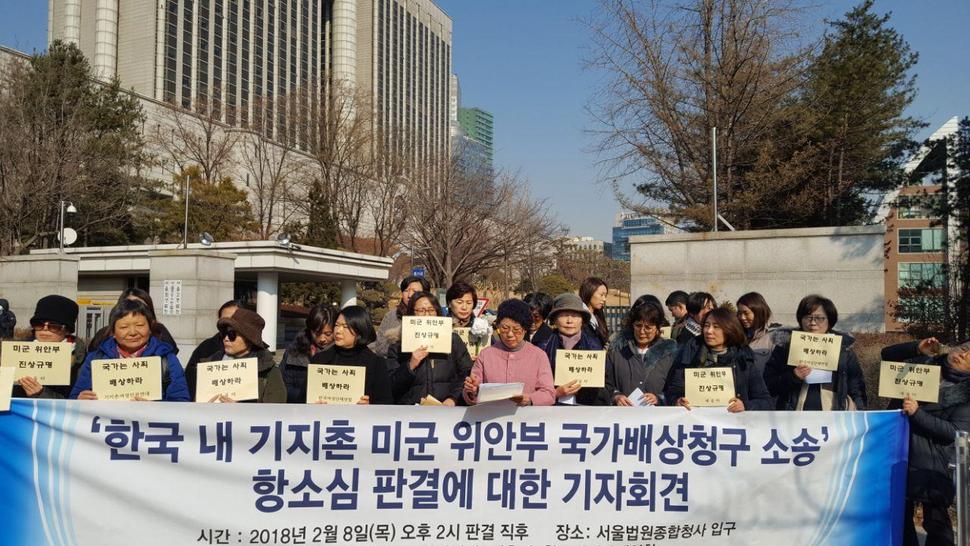
(By Dan Moshenberg)
(Photo Credit 1: India Times) (Photo Credit 2: Hankyoreh / Kim Min-kyung)
